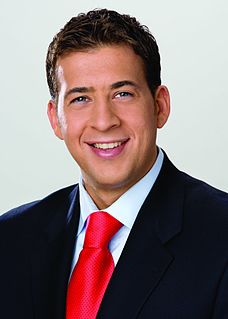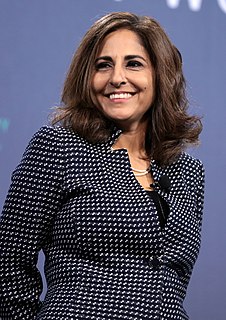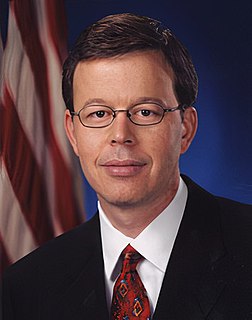A Quote by Jeffrey Eugenides
It was a recession when I graduated, but I was so unequipped to have a job anyway, I don't think it would have mattered if the economy was booming. I think I was expecting bad jobs. But as it went on through my 20s, I began to wonder how things were going to turn out.
Related Quotes
I think that Democrats have to think through answers we haven't in the past: How we are going to create those jobs? How should we restructure the entire tax code? Should we have things like a payroll tax, when jobs are so scarce? They weren't - basically the architecture of our employment law, tax law, all these things were from the 1930s - and I do think that one benefit of Donald Trump, which is not worth it, but one perverse thing is, he has widened the scope of things that we should discuss.
The great thing is, Internet allows you to create your own job, not just look for jobs other people are going to give you. And that, combined with the American spirit, I think, is going to help us come out of the recession faster than other countries. And I think it's going to help Africa come out of, you know, a century of slump.
Here's why I think the public service jobs are almost unavoidable: When we have downturns in the economy - and we will, for we haven't repealed the business cycle - unemployment will build, yet we no longer have any safety net. What are we going to do? Unless we decide to pull out all the stops and lower interest rates immediately and risk turning a recession into wild inflation, we're going to have to figure out some way of providing some more, not job security, but employment security.
In the old days when I first was coming up, you would turn up on set in the morning with your coffee, script, and hangover and you would figure out what you were going to do with the day and how you were going to play the scenes. You would rehearse and then invite the crew in to watch the actors go through the scenes. The actors would go away to makeup and costume and the director and the DP would work out how they were going to cover what the actors had just done.
When I think about what I'm going through, as President, it doesn't compare to what the folks that I'm representing are going through. They're losing jobs. They're trying to figure out how to pay their medical bills. They've seen retirements suddenly dissipate because of what's happening in the stock market. And so as tough as the job might be, and the politics of Washington can sometimes be I'm always reminded of how fortunate I am to be here, and what an extraordinary responsibility I have to try to deliver on some of the promises that I made during the election.
How do we create jobs for so many Americans who are feeling pushed out, not just left out, pushed out of the modern economy. Obviously it's skills and education. But it's also jobs. So if I could do anything it would be to take this moment in time that we've got when, yes, our recovery is better, we've had steadier growth, I don't think President [Barack] Obama frankly gets the credit he deserves for the kind of steady hand that he and his advisers apply to moving through that really dangerous period.
My summer jobs for three years were going to work in my dad's factory and earn a bit of pocket money. I absolutely loved it, and I think I learnt more there than I did at Cambridge, actually, in terms of how hard work is and how tough it is finding a job, keeping a job, managing a job and family and commitments outside of work.
I saw what the Depression was doing to my students. Often they could get no jobs, or jobs which were wholly inadequate. And through them, I began to understand how deeply political and economic events could affect men's lives. I began to feel the need to participate more fully in the life of the community.
I think the work on tax reform, the work that's being done on regulatory reform is very important. And just having a seat at the table, I think, is so important for business today as we think about what's going to benefit the economy of this country, how we're going to create great manufacturing jobs.






































